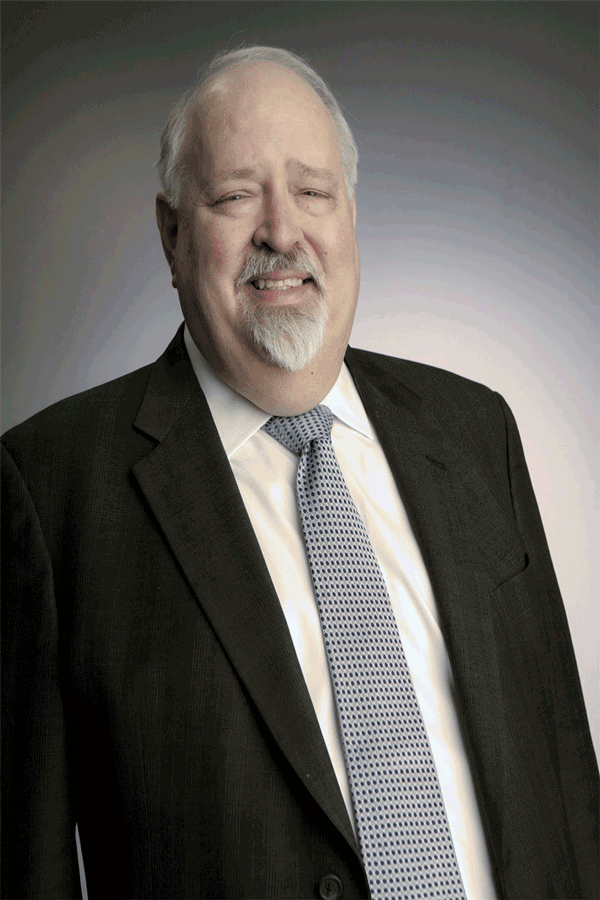Interview with Prof. Craig Aronoff
Over the past few decades, family business research centres and higher education programs seem to have mushroomed around the world. At Tharawat magazine we asked ourselves about the origins of this surge and what these institutions actually offer family firms and the next generation. We spoke to family business academic, consultant and author, Prof. Craig Aronoff, who has been in the field for over 30 years and is, together with Prof. John Ward, the founder of the Family Business Consulting Group. He told us how it all began, the forms family business education has taken over the years, and what we really should be teaching family business leaders.
[ms-protect-content id=”4069, 4129″]
When did formal family business education begin?
In the mid-80s, groups that were usually backed by trade associations and other sponsors, held educational programs. I remember there was one group called “Sons of Bosses” that started back in the 1970s and ran well-attended seminars for many years.
I started to get involved in family business education back when Kennesaw University received an endowment to set up a chair for business. Many of my colleagues in the business school treated the family business topic like a joke. Since I grew up in a family business, I knew it was worthy of our interest and needed to be taught.
However, when I began designing programs it was for family businesses in the community not necessarily the students at our university. The response was great and it enhanced Kennesaw University’s reputation. I quickly understood that people wanted answers. My focus was to reach family businesses and not necessarily undergraduates. I developed a seminar and invited John Ward to be a panellist. The program received funding and ended up being a great success. As a result, we decided to create the Family Business Forum, a membership organisation for family firms that organised meetings and retreats. The model worked for many years. All the programs focused on understanding the overlap between family and business. Soon the Family Firm Institute and the Family Business Review became interested and interviewed us. All of a sudden, many universities wanted to do what we were doing.
When did you design your first family business university course?
It took five or six years before we decided to give an actual course in family business. Our primary focus wasn’t to teach the young generation about family dynamics, but to increase attendance at Kennesaw, which, at that time, was a relatively young university. We really wanted our students to receive a very good education.
The interview we gave in the Family Business Review garnered a lot of interest and very quickly. In fact, dozens of universities contacted us. Some banks and insurance companies also started to recognise family firms as an important segment and hired me as an outreach consultant.
In 1997, Mass Mutual conducted the first far-reaching survey on family firms. They also started to fund family business centres around the US and sent out representatives to visit business schools and universities. I think they ended up funding around 70 centres. Within five years there were about 150 universities that had developed family business programs.
When did family business programs start gaining momentum outside of the US?
I want to mention here that within the US, the University of Pennsylvania, Oregon State, Baylor University and many others were also part of the pioneering efforts in providing family business education. Abroad, Bocconi University in Milan started very early on and might have even been running programs before we did in the US. The International Institute for Management Development (IMD, Switzerland) also had a family business program with John Ward as the principal faculty member. That was largely it for a while. I was more removed by then.
Unfortunately, the outreach programs I created for family businesses were not well integrated into our faculty’s reward system. There was relatively little research going on at the time. However, a little later in the 90s, academic interest generally increased around the world. My impression at the time was that there was much more emphasis on academics outside of the US.
There was a tremendous explosion of academic research through the International Family Enterprise Research Academy (IFERA). Canada was also early to the game with the Canadian Association of Family Enterprise (CAFE), and continues to be a leader when it comes to family businesses outreach. Bodies like the Young Presidents Organisation were also creating educational programs for family businesses around the world. We saw them in India, Pakistan and Singapore. Again, English-speaking people were more likely to pick up on the US models. INSEAD also focused on the family business field and there was a huge interest from South America. Spain picked up quickly, with luminaries like Miguel Gallo developing programs.
In terms of research, it seems to me that there is now more academic interest in the family business topic internationally than in the US.
What forms of education do family businesses need today?
There are many complex trends that are confronting the world and that are confronting business. We need to know everything we can about technology, different cultures, and the megatrends shaping our lives.
I wouldn’t necessarily focus on family business per se, but would rather place emphasis on educating students to become the best possible business leaders. Taking a course in the psychology of family business might not be our highest priority. There are so many opportunities to learn how to interact with other family members in associations that I believe we should perhaps focus more of our energy on teaching future family business leaders how to grow their legacy in a world that isn’t waiting for anyone to catch up. I am not saying that family business education is not important. The question is just how to integrate it constructively without neglecting other skills.
The same goes for family business research. As academics we must ask ourselves how many of the theories we produce are actually relevant to family businesses in reality.
Tharawat Magazine, Issue 25, 2015
[/ms-protect-content]

